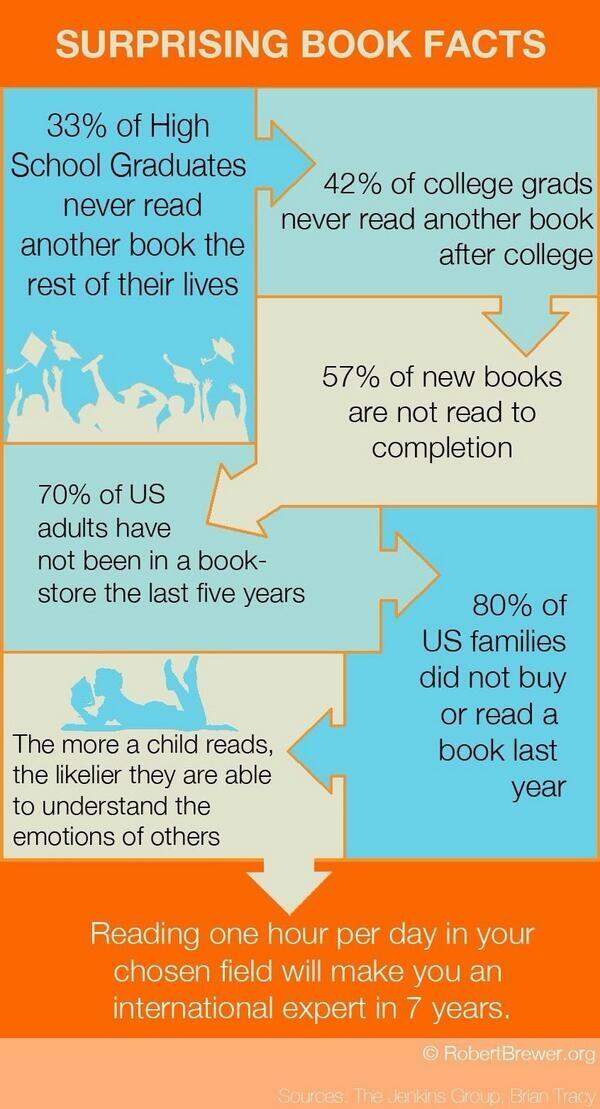The Civic Balance of Freedom and Responsibility
This week’s The Gowrie News reported the winners of
the 26th annual Fort Dodge Noon Sertoma “What Does Freedom Mean to
Me?” essay contest. My family has been in a tizzy; we couldn’t be more
delighted. The first prize was awarded to Jaiden Ackerson, our eighth-grade
granddaughter. Dianna and her daughter, Erin Ackerson, were able to attend the
presentation luncheon today (March 7). This week, Jaiden is being recognized as
a winner and a hero and has been modestly enjoying her recognition.
Instead of starting with a dictionary definition of
“freedom,” Jaiden led off by quoting Bob Dylan: “A hero is someone who
understands the responsibility that comes with his freedom.” She went on to say:




